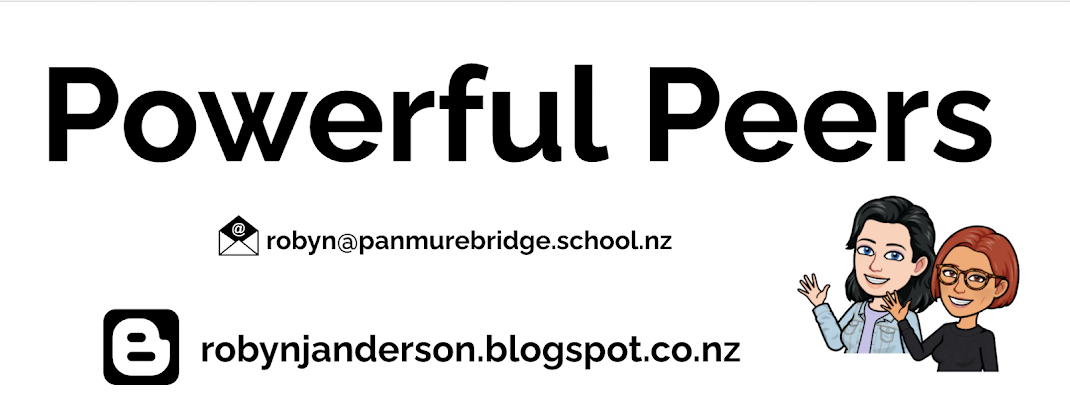Having sought advice on my inquiry from the team at Woolf Fisher Research Centre earlier
in the year, I was given some great avenues to explore. Naomi Rosedale suggested that I
‘put aside “high stakes” associations to the achievement rubrics etc. and initially focus on
socialising a classroom environment that builds a community of writers, where risk-taking
is valued, and mistakes or misunderstanding can be brought out into the open for support
by the community…’
in the year, I was given some great avenues to explore. Naomi Rosedale suggested that I
‘put aside “high stakes” associations to the achievement rubrics etc. and initially focus on
socialising a classroom environment that builds a community of writers, where risk-taking
is valued, and mistakes or misunderstanding can be brought out into the open for support
by the community…’
'Reading for Understanding' (Schoenbach, Greenleaf and Murphy) was the text suggested to me so I have begun reading about ways of “apprenticing” a
culture of literacy support. Naomi thought I would have lots of ah-ha moments as I read
this, and she was right! I have been exploring the chapter ‘Metacognitive Conversation -
Making Thinking Visible’ and have decided to share ideas that I am going to try in my
own classroom to help grow student self-efficacy and increase oral language opportunities.
culture of literacy support. Naomi thought I would have lots of ah-ha moments as I read
this, and she was right! I have been exploring the chapter ‘Metacognitive Conversation -
Making Thinking Visible’ and have decided to share ideas that I am going to try in my
own classroom to help grow student self-efficacy and increase oral language opportunities.
Notes part #1:
Metacognitive conversation is an internal and external focus on how readers make sense
of text. (Can I apply this to writing?) Internal - noticing what is going on in their own minds
vs external - discussing what they are noticing, what stumps them and how they problem
solve. Basically it is looking inside their own minds to observe their thinking processes then
comparing their thinking with the thinking of their friends.
of text. (Can I apply this to writing?) Internal - noticing what is going on in their own minds
vs external - discussing what they are noticing, what stumps them and how they problem
solve. Basically it is looking inside their own minds to observe their thinking processes then
comparing their thinking with the thinking of their friends.
Studies show that when Metacognitive conversation is integrated into a teaching program
learners have become curious about how their minds work as they make connections to a
text. This process helps to demystify the reading process as they can see and hear how
their peers and their teacher work through a challenging text and can then apply that
learning themselves when facing a similar problem. Students become active agents in
their own learning journeys when talk makes thinking visible. Metacognitive Conversation
allows students to see their own thinking and the thinking of others, which in turn helps
grow efficacy as they can see how they can be successful.
learners have become curious about how their minds work as they make connections to a
text. This process helps to demystify the reading process as they can see and hear how
their peers and their teacher work through a challenging text and can then apply that
learning themselves when facing a similar problem. Students become active agents in
their own learning journeys when talk makes thinking visible. Metacognitive Conversation
allows students to see their own thinking and the thinking of others, which in turn helps
grow efficacy as they can see how they can be successful.
Exploring Students' concepts of Writing: Students have different ideas of what success in a subject area looks like.
The example explored in the text was based on reading but I can see how this can be
adapted for a writing lesson as well. I will be asking my students:
The example explored in the text was based on reading but I can see how this can be
adapted for a writing lesson as well. I will be asking my students:
- How can you tell if someone is a good writer?
- Who is someone you consider is a good writer? Why?
- What do you have to do to be able to write successfully in maths, reading, inquiry, tech and writing lessons?
I will use the digital platform Padlet to create a collaborative picture of what my learners
think, and will check back in with these responses at the end of each term to see if any
thinking has changed.
think, and will check back in with these responses at the end of each term to see if any
thinking has changed.

No comments:
Post a Comment